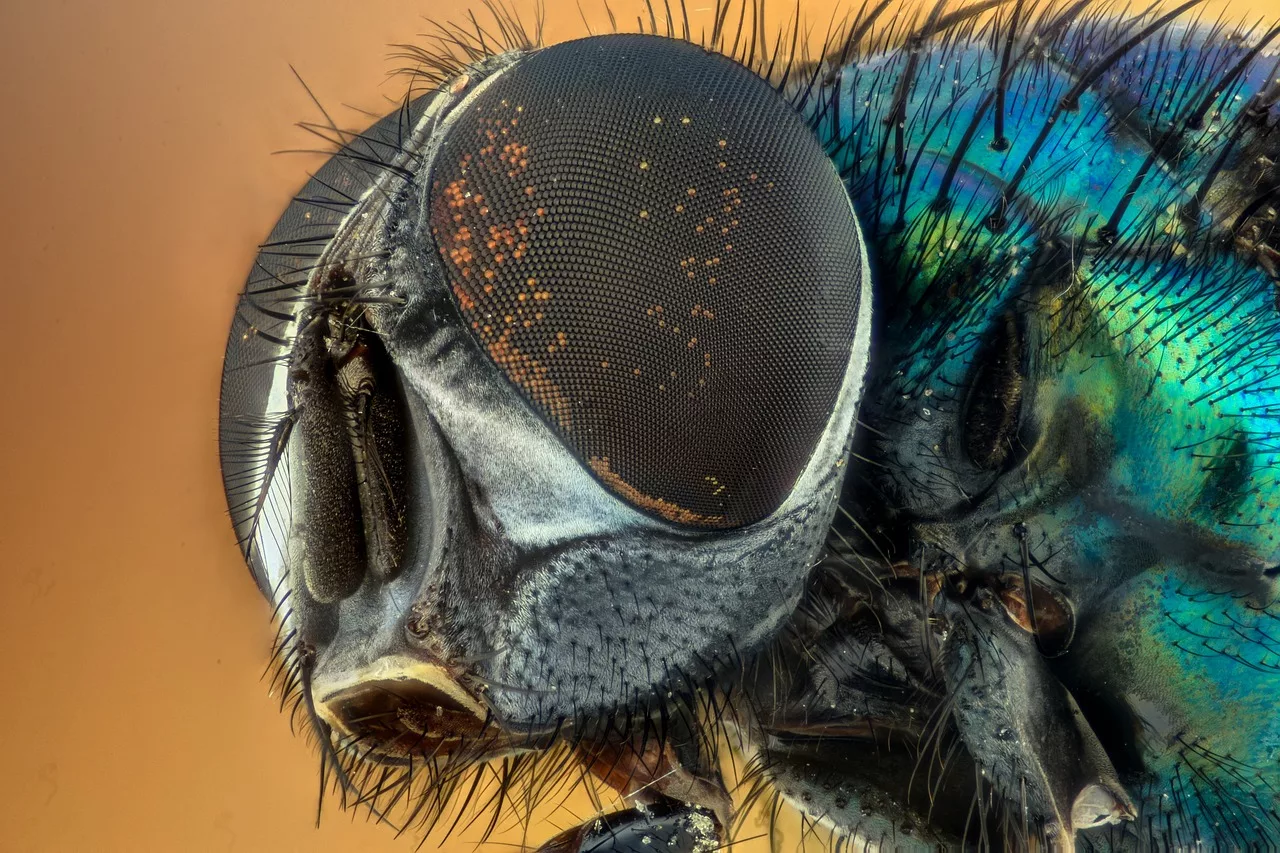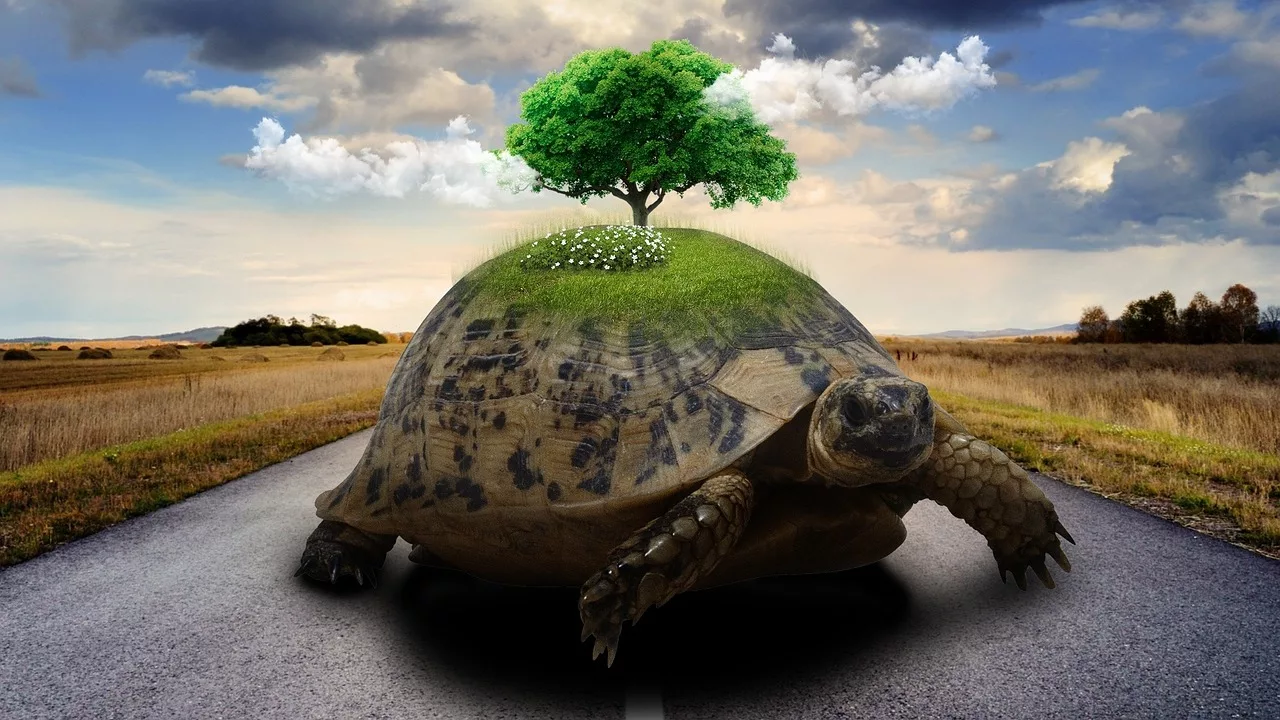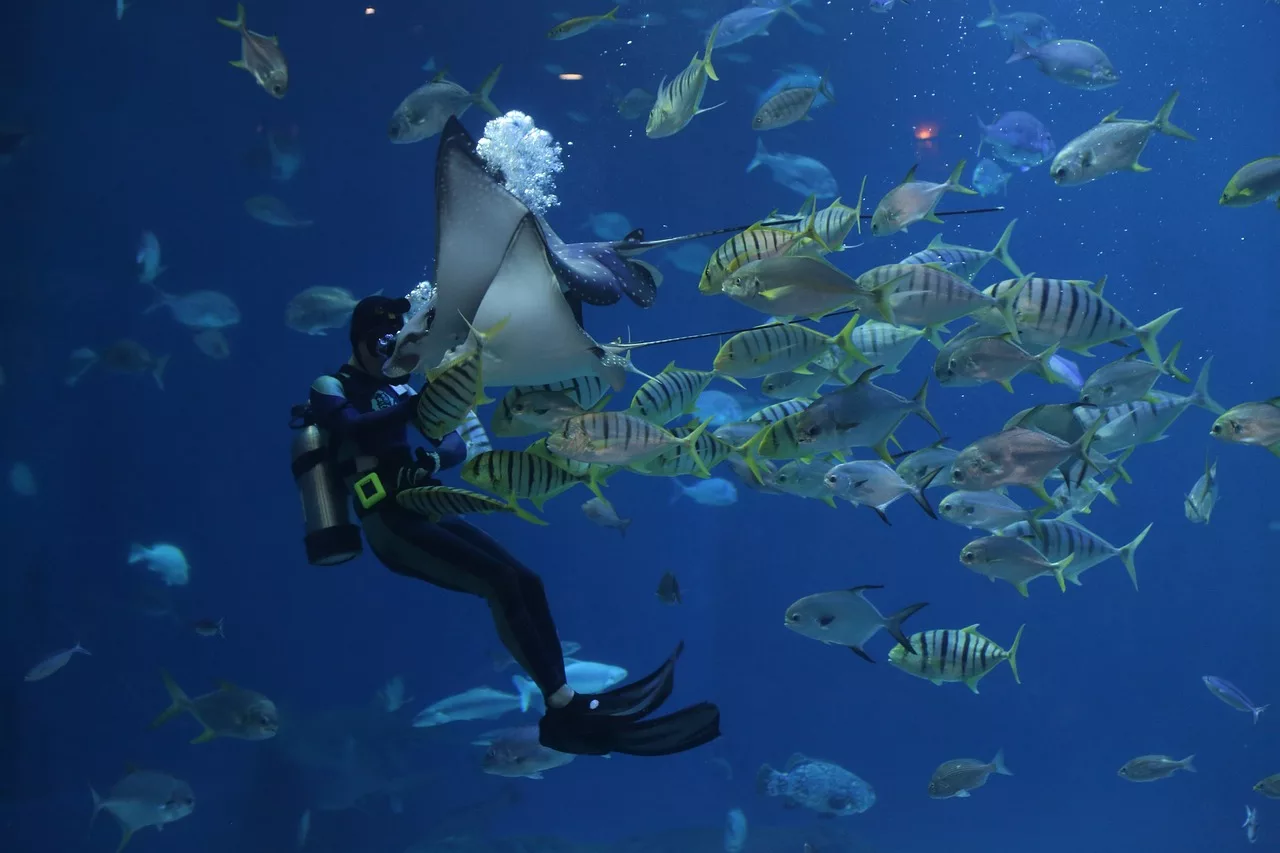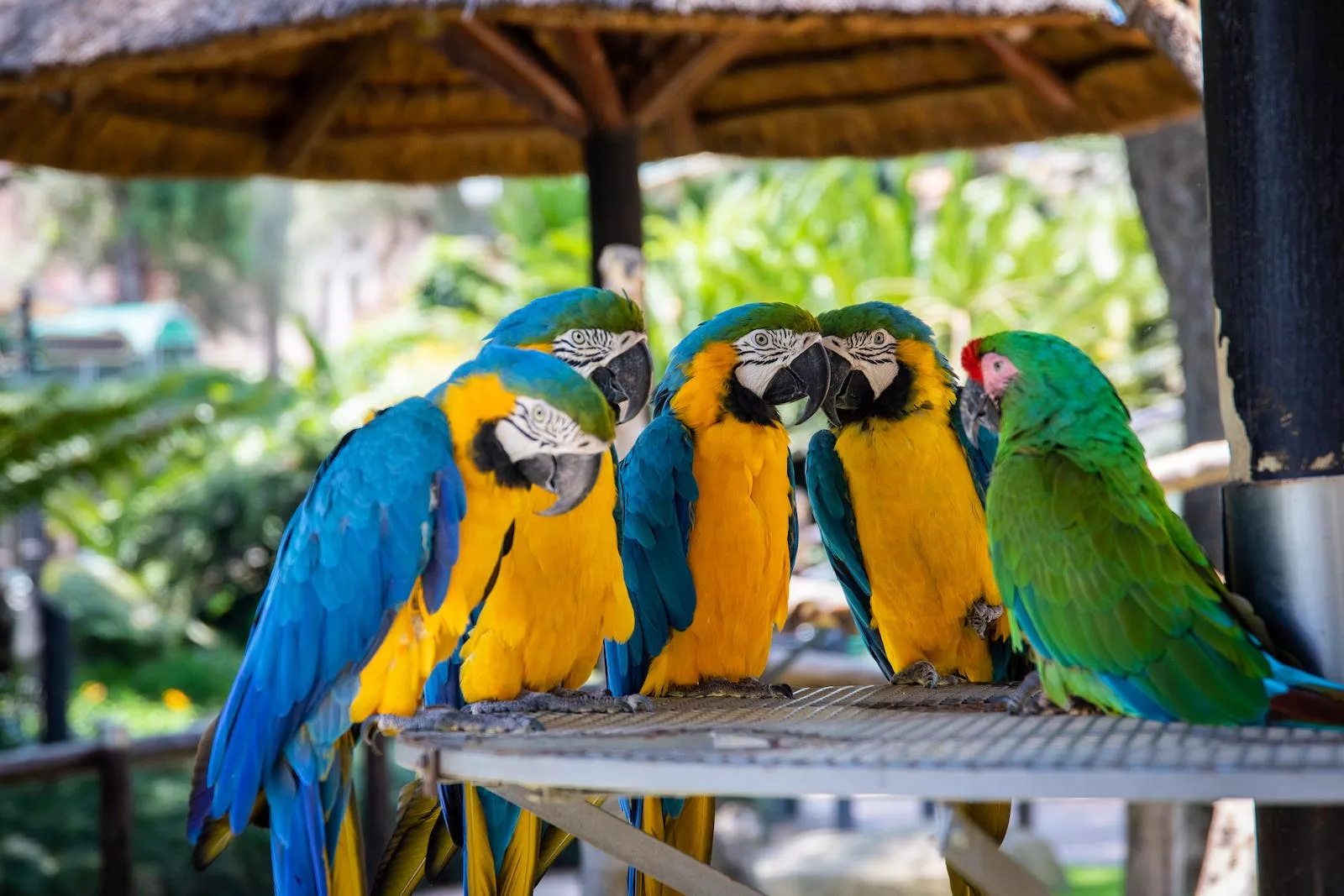Introduction: Delving into the Arabic Names of Tiny Marvels Are you fascinated by the world
Unlock the Mysteries: Discovering Arabic Names of Insects

The “Arabic Vocabulary” category serves as a comprehensive language hub, offering learners a diverse and expansive collection of words and phrases essential for building proficiency in Arabic. Designed to cater to learners of all levels, this category encompasses a wide range of thematic subcategories, each meticulously curated to enhance the learner’s language skills and cultural understanding.
Benefits for Learners:
The “Arabic Vocabulary” category serves as a linguistic gateway, providing learners with the tools to unlock the richness of the Arabic language while fostering cultural awareness and communication skills. Whether you’re a beginner or an advanced learner, this category offers a dynamic and comprehensive approach to mastering Arabic vocabulary.

Introduction: Delving into the Arabic Names of Tiny Marvels Are you fascinated by the world

Introduction: Diving into the Arabic Names of Reptiles and Amphibians Embark on a linguistic safari

Introduction: Submerging into the Arabic Vocabulary of Aquatic Life Embark on a deep-sea exploration as

Introduction: Embarking on a Feathery Adventure Welcome to the enchanting realm of birds in Arabic!

This guide introduces the Arabic names of various mammals to aid language learning. It includes a visual and phonetic guide for species ranging from common animals like cats (qett) and dogs (kalb) to exotic ones like kangaroos (Kangaroo) and pangolins (Al banghoul). The guide also answers FAQs about regional variations, pronunciation practice, resources for expansion of vocabulary, and real-life practice opportunities.

Unlock the secrets of Hospital Vocabulary in Arabic with our comprehensive guide. Master essential phrases, enhance communication skills, and navigate medical settings confidently. Start your linguistic journey now!

The Arabic Hijri months, based on the lunar calendar, hold significant religious and cultural value among Muslims, marking key Islamic events and festivals.

Exploring Africa’s Rich Cultural Mosaic Embark on a linguistic journey with us as we delve

Have you ever visited France, I’ve been there! Paris is magical. What about Spain, you